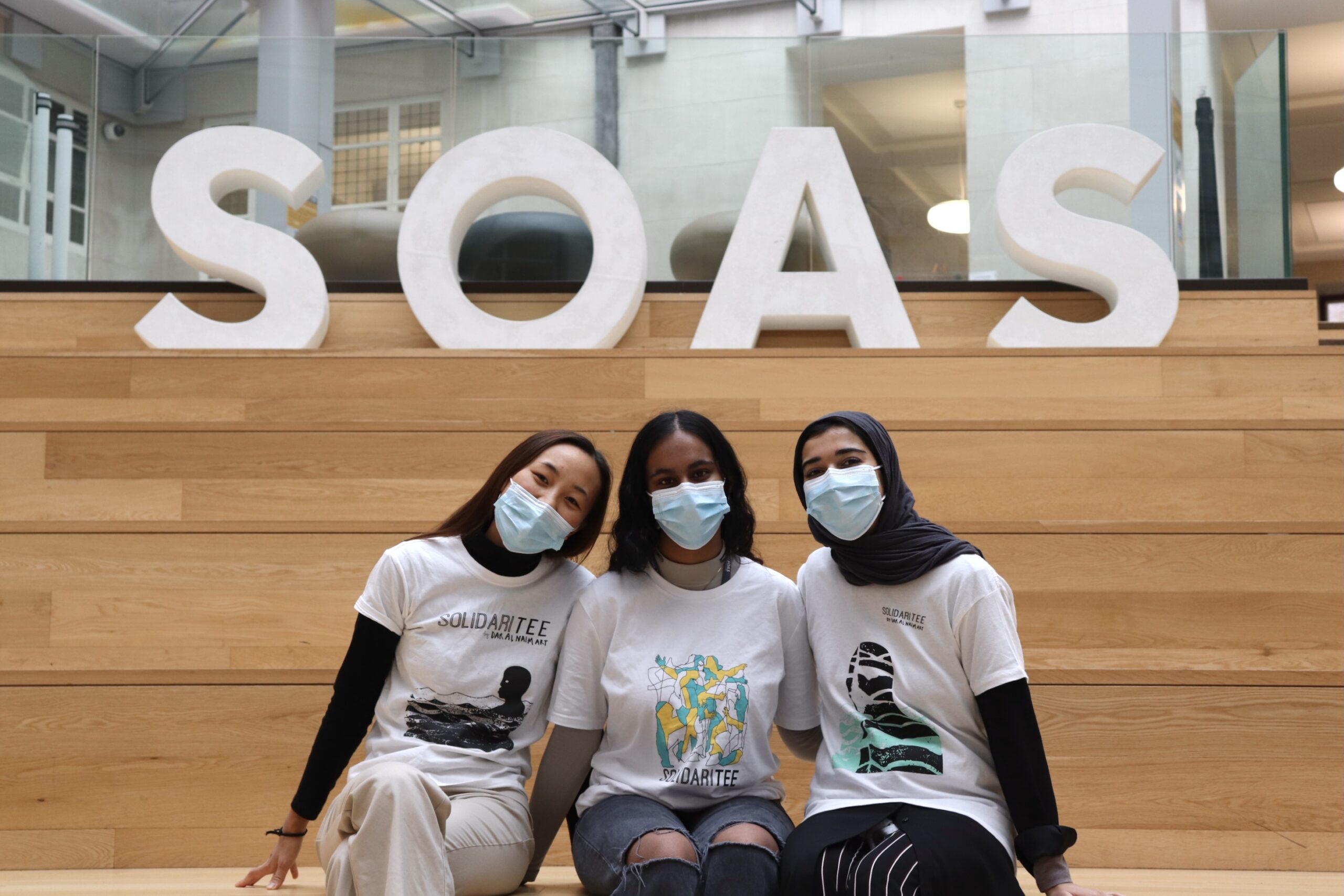By Ahra Jeoung-Sun Choi, BA International Relations
Legal aid is essential for people seeking asylum. The process of seeking asylum is already fraught with difficulty when facing a legal system that is entirely foreign. Following the international law established by the 1951 UN Refugee Convention, asylum seekers must prove that they are personally facing persecution in their home country on the grounds specified in the Convention. Many countries also place a high burden of proof on asylum seekers to provide evidence of this. In an asylum interview, individuals are required to recall every detail of their account which can often be deeply distressing and traumatic. Yet, even a mistranslation or misunderstanding can be ruled as an inconsistency, which is enough to lead to a rejection of their claim to asylum.
In Greece, state lawyers are overworked and legal aid is underfunded. Thousands of people therefore seek asylum without legal guidance. Legal aid reduces the incidence of individuals who have a legitimate claim to asylum being rejected, and consequently being deported back to unsafe situations or left destitute. Legal aid is a way for forcibly displaced individuals to access their right to a fair trial, which may secure them a safer future, as an inalienable right, rather than as charity. It is thus a respectful form of aid empowering individuals.
Where does SolidariTee come in? SolidariTee is an entirely student-led charity that fundraises to provide grants for 8 legal aid NGOs in Greece. It increases awareness of and provides sustainable solutions to support globally displaced people. Funds are primarily raised through the selling of t-shirts, featuring artwork by refugees and asylum seekers. Two thirds of the price go directly to legal aid: the rest is spent on manufacturing these sustainably and ethically produced tees, with less than 1% spent on admin and operational costs.
The charity was launched in 2017 by Tiara Sahar Ataii, a then first-year Cambridge student who printed 600 t-shirts using her student loan and delivered them around her university by bike. Since then, the charity has expanded to over 60 universities across the UK and abroad, with 900 student volunteers in 10 countries. In the past year, volunteers at SolidariTee raised a grand total of £103,000 for 6 different NGOs! This year, we have pledged £142,000 to our NGOs.
SolidariTee also works to shed light on the ‘refugee crisis’ through addressing harmful narratives and misinformation surrounding the issue on social media. This is increasingly important in the wake of populist anti-refugee rhetoric. The ‘refugee crisis’ is depicted in the media as a crisis in numbers. However, according to the United Nations High Commissioner for Refugees, of the world’s 26.4 million refugees, 86% are hosted in countries in the Global South. The UK receives a small fraction of forcibly displaced people, approximately 1%. Despite this, the UK creates the impression of needing to tackle ‘waves’ or ‘swarms’ of migrants, with less consideration given to the circumstances which drive refugees to risk everything and flee their homes.
“Providing individuals the right to a fair trial through legal aid means forcibly displaced people can access a safe and stable future as an inalienable right, rather than as charity.”
Raising awareness about global displacement is becoming ever more important in the current context of European countries implementing hardline policies to reduce access to asylum. Denmark is attempting to return Syrian refugees to Damascus, with almost 400 Syrians already stripped of their residency permits and rights to work since 2019. In the UK, the proposed New Plan for Immigration will privilege asylum seekers who arrive through legal channels whilst creating barriers to those who arrive ‘illegally,’ despite a documented lack of safe and legal routes for entry. If implemented, the plan will undermine the 1951 Refugee Convention that protects the right to seek asylum internationally. Providing individuals the right to a fair trial through legal aid means forcibly displaced people can access a safe and stable future as an inalienable right, rather than as charity.
So, what could you do to make a difference? First of all, SolidariTee is on campus this year at SOAS! We are looking for more representatives to sell t-shirts and get involved in our fundraising and awareness-raising events. Alternatively, you can support us by attending these events. We will be hosting a film night on 10 February and a panel event with guest speakers on 19 March – check our Facebook page for further information!
Beyond campus, you can also support SolidariTee by buying one of our beautiful tees, featuring designs inspired by refugee artwork. T-shirts cost £10 or £12, with £7.50 and £8.10 respectively going directly towards legal aid NGOs in Greece. And if you already have too many t-shirts, you can set up a monthly ‘coffee cup’ donation of £4 a month. £13.50 pays for a full-time volunteer caseworker and £75 pays for a lawyer for a day in Greece, so making a tangible difference could not get much easier!
Finally, check out @teesofsolidarity on Instagram and SolidariTee on Facebook for informative posts on global displacement, as well as our SolidariTee SOAS Facebook page! If you would like to get involved on campus, email [email protected]!
Photo Caption: “Wearing our values” (Credit: SOAS SolidariTee).
